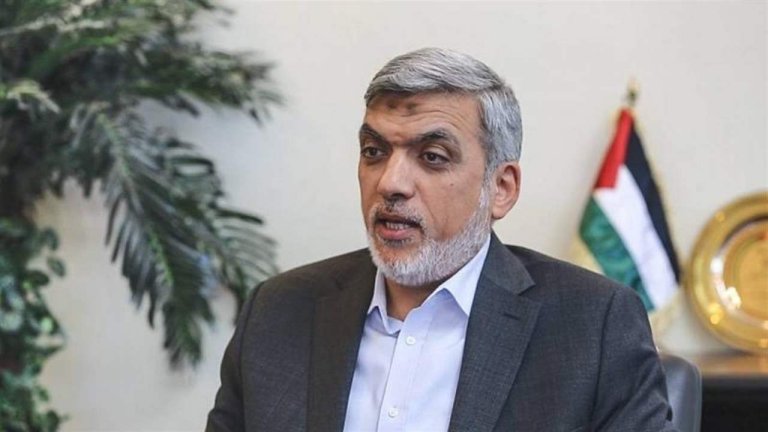Qatar has hosted the Hamas political office since 2012 at the request of the U.S. in order to maintain a channel of communications.
Hamas has refuted allegations suggesting that it intends to shift its political bureau from Doha to the Iraqi capital Baghdad.
The news was first reported by the The National newspaper, and was picked up by other Emirati and Saudi-backed outlets.
“There is no truth to what Sky News Arabia reported, citing The National newspaper, of allegations that Hamas plans to leave Qatar and head to Iraq,” Izzat Al-Rishq, a member of the political bureau, said in a statement on his Telegram account on Monday.
The National, a United Arab Emirates-based newspaper, had quoted sources claiming that the Iraqi government had granted approval in May for Hamas to establish its bureau in Iraq.
The report also claimed that Iran would be “responsible” for protecting Hamas’s leaders, offices, and personnel in the Iraqi capital.
According to the newspaper, the decision to relocate was allegedly driven by the need to avoid pressure from Qatar and the United States to show flexibility in negotiations with Israel regarding a deal in Gaza.
An unnamed Hamas representative in Lebanon also refuted the claims of a planned departure from Qatar.
“We consider this part of the media pressure campaign on the movement to make concessions in the negotiations,” he told The National in Beirut.
Meanwhile, the U.S. issued warnings to regional governments against engaging with Hamas.
“We have made clear to every government in the region that there should be no more business as usual with Hamas after the horrific attacks of October 7. And that applies to everyone,” said U.S. State Department spokesman Matthew Miller during a Monday briefing, addressing inquiries about Hamas’ alleged plans to move to Iraq.
Qatar has hosted the Hamas political office since 2012 at the request of the U.S. in order to maintain a channel of communication.
Late last year, Qatar, alongside Egypt, mediated a week-long truce between Hamas and Israel that lasted between November 24 and December 1.
At the time, the deal enabled the release of 109 captives from Hamas in exchange for the release of 242 Palestinian women and child prisoners from Israeli prisons.
While U.S. officials have claimed that Israel was in support of President Joe Biden’s May 31 ceasefire proposal, numerous Israeli officials, including the Israeli Prime Minister Benjamin Netanyahu, have vowed to keep fighting until Hamas is “eliminated”.







